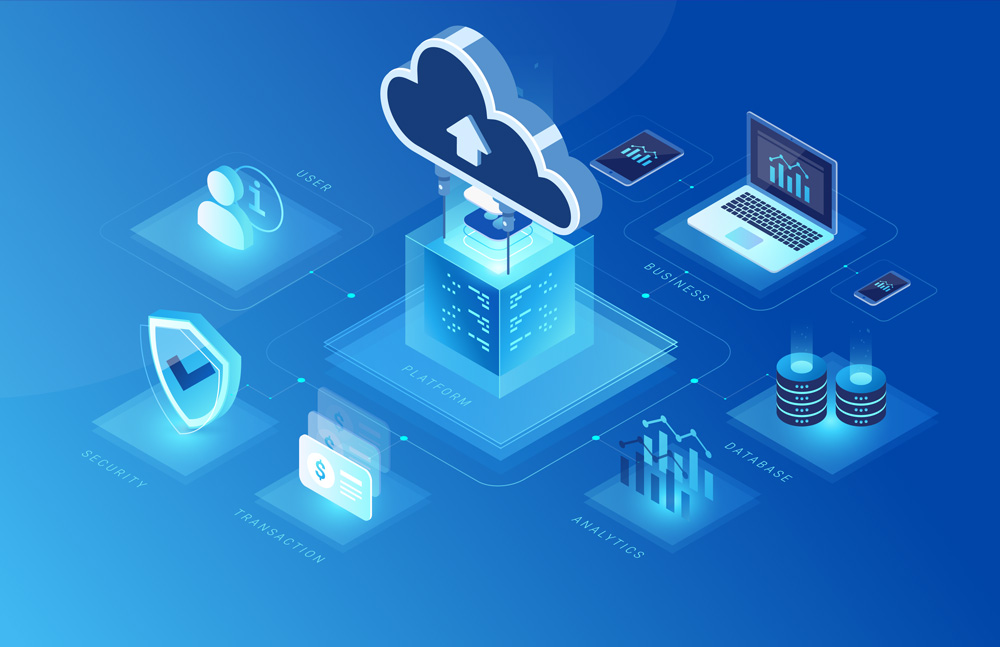Image Source: Google
In today's digital age, businesses rely heavily on technology to operate efficiently and stay competitive. From protecting sensitive data to leveraging the power of cloud computing, managed IT service solutions play a crucial role in ensuring the smooth functioning of an organization's IT infrastructure.
This article delves into the various aspects of managed IT services, highlighting their significance in cybersecurity and cloud computing. Refer Link: https://www.itswitch.com.au/services/managed-it-services/.
The Role of Managed IT Service Solutions
Overview
- Managed IT service solutions involve outsourcing the management of a company's IT infrastructure to a third-party provider.
- These providers offer a range of services, including cybersecurity, cloud computing, network monitoring, data backup, and technical support.
- By partnering with a managed IT service provider, businesses can focus on their core operations while leaving the management of their IT systems to experts.
Benefits
- Enhanced cybersecurity: Managed IT service providers employ advanced security measures to protect businesses from cyber threats such as malware, phishing attacks, and data breaches.
- Improved efficiency: By outsourcing IT management, organizations can streamline their operations and leverage the expertise of IT professionals to optimize their systems.
- Cost savings: Managed IT services are typically more cost-effective than hiring an in-house IT team, as businesses only pay for the services they need.
Cybersecurity in Managed IT Services
Importance of Cybersecurity
- Cybersecurity is a top priority for businesses of all sizes, as cyber threats continue to evolve in complexity and sophistication.
- A data breach or cyber attack can have devastating consequences for a company, leading to financial losses, reputational damage, and legal implications.
Key Cybersecurity Services
- Firewall management: Managed IT service providers implement and maintain firewalls to protect networks from unauthorized access and intrusions.
- Endpoint security: Endpoint security solutions safeguard end-user devices such as laptops, desktops, and mobile phones from malware and other cyber threats.
- Security monitoring: Managed IT service providers continuously monitor network traffic and systems for any signs of suspicious activity or potential security breaches.
Cloud Computing in Managed IT Services
Benefits of Cloud Computing
- Scalability: Cloud computing allows businesses to scale their IT resources up or down based on demand, enabling greater flexibility and cost efficiency.
- Accessibility: Cloud-based applications and data can be accessed from anywhere with an internet connection, facilitating remote work and collaboration.
- Data backup and recovery: Cloud computing providers offer robust backup and recovery solutions to protect businesses from data loss due to hardware failure or other disasters.
Key Cloud Computing Services
- Cloud storage: Managed IT service providers offer secure cloud storage solutions for storing and accessing data, eliminating the need for on-premises storage hardware.
- Cloud migration: Providers assist businesses in migrating their existing applications and data to the cloud, ensuring a smooth transition and minimal disruption.
- Cloud security: Managed IT service providers implement security measures to safeguard cloud-based resources and data from unauthorized access and cyber threats.
Conclusion
Managed IT service solutions play a vital role in helping businesses navigate the complex landscape of cybersecurity and cloud computing. By partnering with a managed IT service provider, organizations can benefit from enhanced security, improved efficiency, and cost savings. As technology continues to evolve, leveraging the power of managed IT services is essential for staying ahead of the curve and ensuring the resilience of an organization's IT infrastructure.
